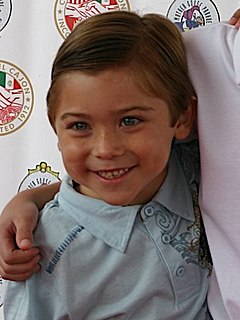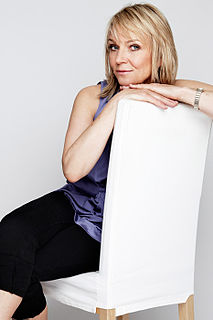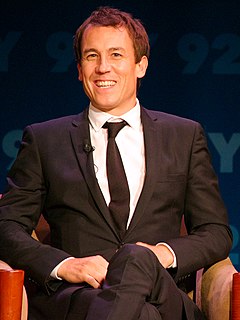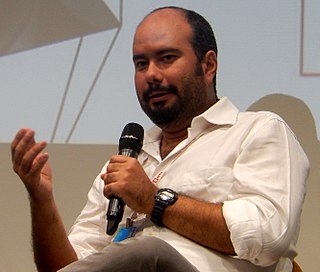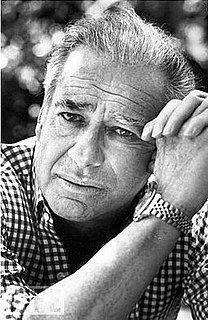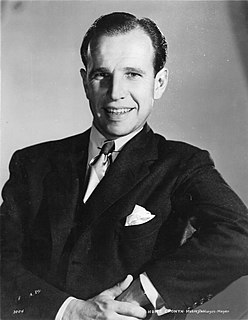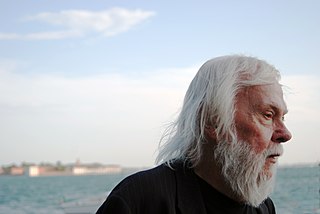A Quote by David Mamet
Almost all movie scripts contain material that cannot be filmed.
Related Quotes
We translated the script together with them. And during the process of translation, they rewrote the scripts. They put a lot into it. They made it their own. There are names of plants or chants or certain rites and everything that you cannot come across it in a movie. You know, you cannot learn about them casually. So the film doesn't have value in the ethnographical, anthropological. It's fiction.
A movie is a filmed rehearsal in a way. The audience doesn't know that because you're taking out the things that don't work. There's no comparison to the theater because it's live. But making a movie is just as challenging and exciting, I find. A movie is pure process. The theater is the result of process.
The idea was to take fine art and put it into the location of the movie scripts. The script itself is collage - some of the lines come from actual movies and I've written others to make the text work with the found image. In this way, the details of old dead guys' paintings (from the collection of the Städel Museum in Frankfurt, where this work will be exhibited in relation to the historical paintings) become illustrations of the movie scripts. I found this mélange of high art and Hollywood amusing.

